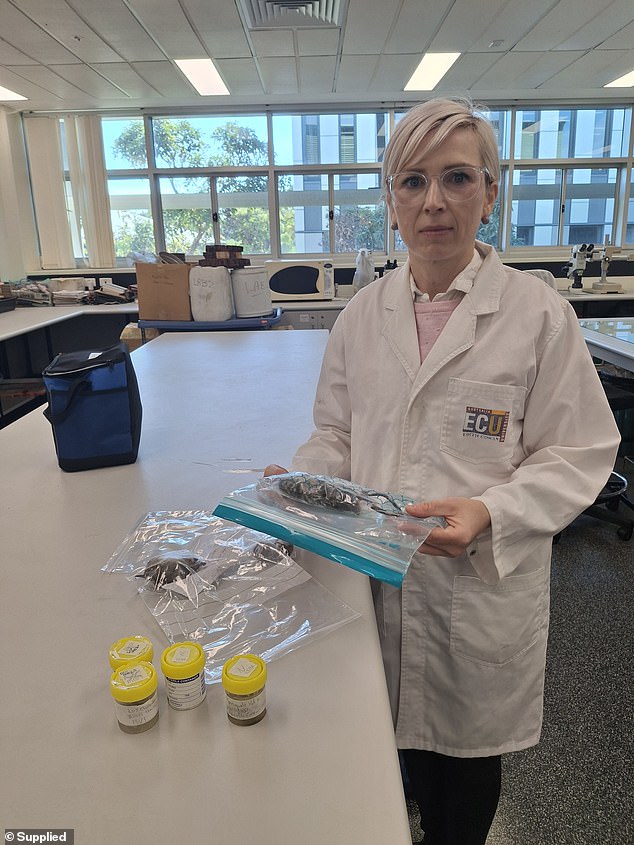
Sydney’s Mutant Super Rats: Evolving Resistance and ‘Impossible to Kill’ Infestation Spreads Unchecked
Australia’s Rats Develop Poison Resistance, Threatening Wildlife
Black rats in Australia’s largest cities have evolved a genetic mutation that boosts their resistance to common rat poisons, raising alarms for wildlife and public health. A study led by Edith Cowan University researcher Alicia Gorbould found over half of tested rats in Melbourne, Sydney, Perth, and Brisbane carried the Tyr25Phe mutation linked to resistance against second-generation anticoagulant rodenticides (SGARs). These poisons, banned in the EU, U.S., and Canada, are decimating native predators like owls and possums that eat poisoned rodents.
[IMAGE: A black rat in an urban setting, symbolizing the spread of resistant rodents.]
Key Findings
Between 2021 and 2024, researchers tested 191 rats, with 53.7% showing the resistant gene. Resistance rates varied: over 80% in Perth, 45% in Sydney, 39% in Melbourne, but none in Brisbane. SGARs disrupt blood clotting, causing fatal internal bleeding. While rats survive, predators like powerful owls and tawny frogmouths ingest the poison through prey, leading to secondary poisoning. A 2022 Deakin University study found SGARs in 91% of brushtail and 40% of ringtail possums, highlighting the cascading ecological damage.
Public Health Risks
Gorbould warns of a dangerous cycle: as poisons fail, people may overuse them, amplifying contamination in ecosystems and waterways. “Using ineffective baits could trigger a public health crisis by fostering harder-to-control rats,” she told Daily Mail Australia. SGARs linger in the food chain, harming biodiversity and posing long-term risks.
[IMAGE: A powerful owl, a species impacted by secondary poisoning from SGARs.]
Solutions and Alternatives
Gorbould urges switching to non-chemical methods, such as snap or electrocution traps, and emphasizing prevention. Removing food waste, sealing homes, and reducing clutter deny rats shelter. “Prevention is better than cure,” she stresses. Regulatory changes are also critical, as Australia still permits SGARs despite global bans.
The Way Forward
The study underscores the need for urgent action. By adopting sustainable pest control and tightening regulations, Australia can protect both wildlife and communities from escalating resistance and environmental harm.
[IMAGE: Eco-friendly rat traps, promoting safer pest control alternatives.]
Caption: Non-toxic traps offer effective alternatives to harmful rodenticides.
In Summary
- Resistance Rising: Over 50% of urban black rats show genetic resistance to SGARs.
- Ecosystem Threat: Poisoned rodents kill native predators, disrupting ecosystems.
- Action Needed: Shift to traps, improve sanitation, and revise poison policies.
By addressing this issue holistically, Australia can curb resistant rodents while safeguarding its unique wildlife.


